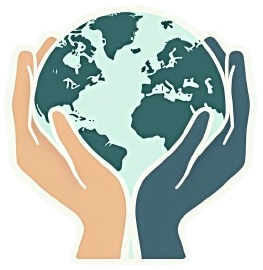Is Nationalism a Tool for Division or Unity?

Nationalism has been a double-edged sword throughout history. On one hand, it fosters a sense of pride and belonging among citizens, uniting people under a common identity. On the other hand, it has often been used as a tool for division, encouraging competition, distrust, and even hostility between nations. The question remains: does nationalism truly serve humanity's greater good, or does it hinder global unity?
At its core, nationalism emphasizes the unique qualities of a nation, celebrating cultural heritage, language, and traditions. However, this emphasis on distinctiveness can lead to the exclusion of others. When nationalism shifts from pride to superiority, it can fuel xenophobia, discrimination, and a rigid 'us versus them' mentality. Such divisive ideologies have historically resulted in conflicts, wars, and societal fragmentation.
Nationalism is also often manipulated by political leaders and institutions to consolidate power. By appealing to national pride, governments can justify actions that may not serve their citizens’ best interests, such as increased military spending or restrictive immigration policies. This manipulation distracts from pressing global issues, like climate change or economic inequality, that require international cooperation rather than competition.
To move beyond the limitations of nationalism, societies must embrace a broader perspective. Education can play a crucial role in fostering a sense of global citizenship. By highlighting humanity's shared challenges and aspirations, people can learn to see beyond national borders. Initiatives like cross-cultural exchanges, international collaborations, and global problem-solving forums can help break down barriers created by narrow nationalistic ideologies.
Ultimately, nationalism can only be a force for unity if it is rooted in respect for diversity and inclusion. Nations can take pride in their identities while recognizing their interdependence in a globalized world. By prioritizing empathy, collaboration, and shared humanity, societies can transform nationalism into a constructive force that strengthens connections rather than creating divisions.
Ultimately, nationalism can only be a force for unity if it is rooted in respect for diversity and inclusion. Nations can take pride in their identities while recognizing their interdependence in a globalized world. By prioritizing empathy, collaboration, and shared humanity, societies can transform nationalism into a constructive force that strengthens connections rather than creating divisions.
